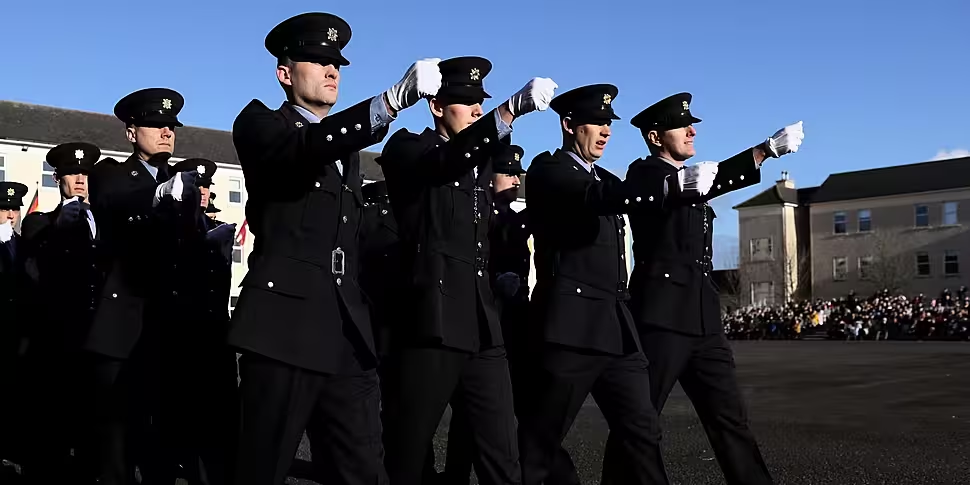Irish should be taught with an emphasis on speaking abilities, according to the head of Conradh na Gaeilge.
Julian de Spáinn was speaking as changes to how Gardaí are recruited means Irish is being dropped as a language requirement.
Currently members are to be proficient in two languages, one of which must be English or Irish.
However proficiency will only be required in one language - which can be English or Irish - going forward.
The Government says this is to encourage a more diverse police force.
It says the new regulations will "allow for a broader appeal for service with An Garda Síochána to reflect the increasing diversity of Irish society."
It has committed to the recruitment of 800 extra Gardaí and 400 Garda staff next year.
Mr de Spáinn told Pat Kenny young people still want to use the language.
"The way Irish is taught in schools, or the method that the Department of Education employ, we think is wrong.
"We think that it should be more orally focused, that it should be based on the European Common Framework of Reference for Learning Languages [sic].
"[This] basically zones in on skill - so a person can communicate with another person through the means of Irish.
"We need to have more opportunities to use it.
"But if you actually look amongst young people, they're very enthusiastic about the language, using it a lot more.
"It's used in the social media very, very frequently, the Irish language societies in third-level colleges are some of the biggest societies there now.
"There's none of the hang-ups of the past, I think, amongst young people.
"And as we get more globalised - as the world gets smaller because of travel, internet and other things - I think people have looked to the language as something that they want to use more and a lot of young people, especially, are using more."
Speaking earlier, Garda Commissioner Drew Harris said: "Being more reflective of the society we serve will enhance our ability to provide an effective police service for all people.
"While we have one of the highest levels of female police officers in Europe, we fully recognise that this is not replicated when it comes to minority communities.
"There will be a significant focus in our recruitment campaign in reaching out to groups and individuals from these communities to encourage them to join An Garda Síochána.
"We know we have a lot of work to do in this area."









